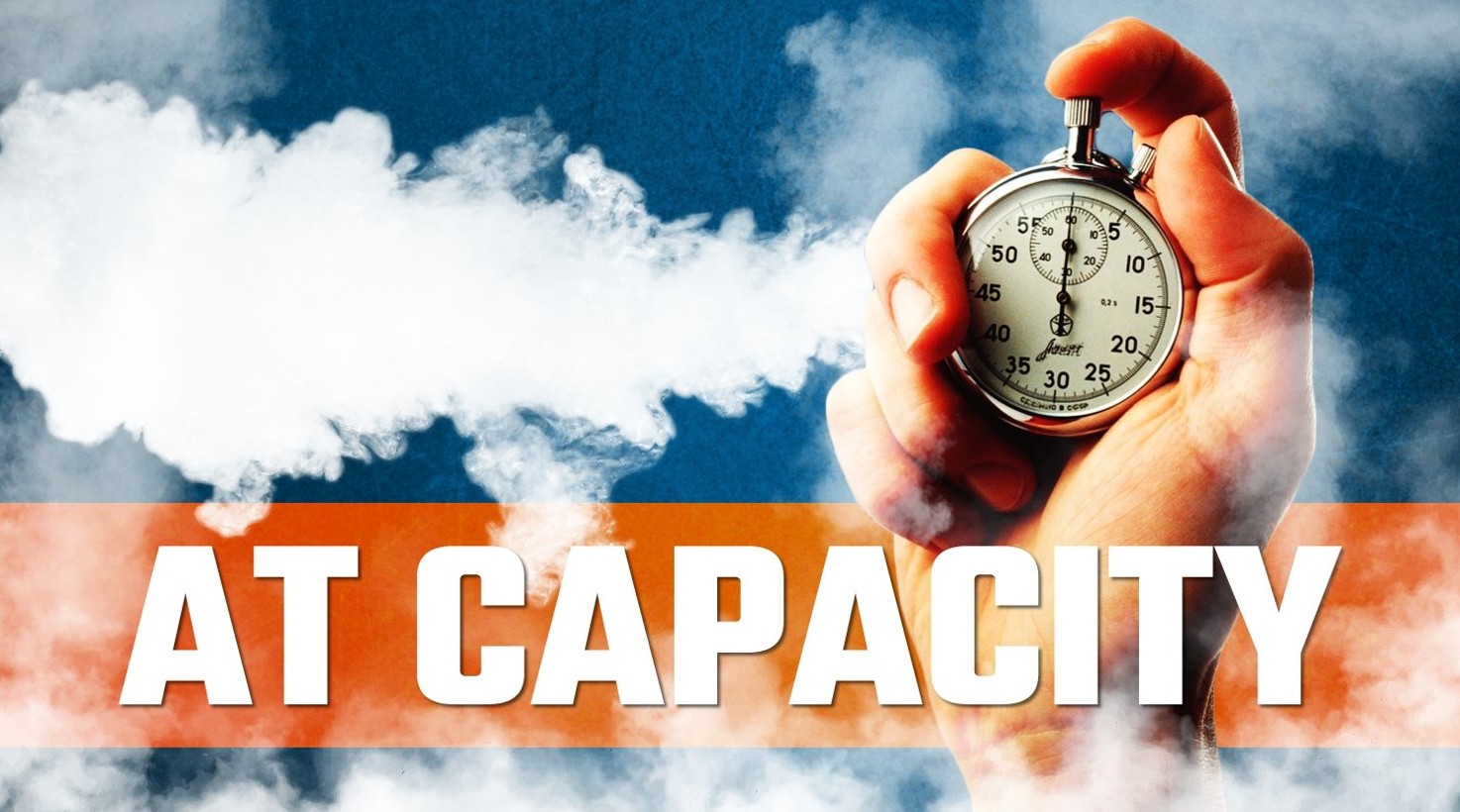Horsepower. British Thermal Units Per Hour. Pounds Per Hour. These are all terms you’ve heard before, but what do they really mean? They’re all different ways to talk about the capacity of a boiler, which is the amount of steam it can put out in a given period of time. At the center of it all, they’re all related, and they all kinda work together.
CAPACITY
Capacity, as we just said, is the amount of steam a boiler can produce over a given period of time. This is an incredibly helpful thing to know if you’re building a new facility such as a manufacturing plant, hospital, university, refinery, or any of the other countless industries that use steam. Capacity is also crucial if you’re replacing an existing boiler, because you want the new one to be able to do what the old one could.
When calculating capacity, it’s absolutely crucial to make sure you use the same measuring criteria when comparing how much you’ll need to how much your boiler can put out. That way, you can make sure you have enough steam production on hand to keep all of your work processes supplied, especially during periods of heavy demand.
HORSEPOWER
Boiler horsepower is the measure of the amount of steam a boiler can produce per hour at a specific temperature and pressure. Specifically, the ability of a boiler to convert 34.5 pounds of water into steam in one hour at a temperature of 212°F. But what does that really mean? It’s a way to figure out how much steam you’ll be getting for the energy you put in. To do that, you’ll need to know a few things about your boiler.
Heat Input is supplied by the burner’s manufacturer. Your current usage can be calculated by determining how much fuel is being burned per hour based on fuel flow rates and the heating value of the fuel.
Efficiency is also supplied by the boiler’s manufacturer, and it refers to the amount of useable heat that ends up getting transferred to the water in the pressure vessel. There’s no such thing as 100% efficiency because there’s always going to be some heat lost to the atmosphere as the boiler operates, but most boilers range from 75% to 90% efficiency.
Now that you know those two things, you can calculate the boiler’s theoretical heat output by simply multiplying heat input by efficiency.
POUNDS PER HOUR
Pounds Per Hour is another way to calculate capacity, and it’s based on horsepower. Remember that 34.5 pounds of water mentioned above? If you want to calculate pounds per hour, you simply multiply the boiler rated horsepower by 34.5 to get the pounds per hour that your boiler is putting out at maximum rate.
BTUs
British Thermal Units are not entirely unlike boiler horsepower in that they measure the energy required to transfer heat into water. Specifically, a British Thermal Unit is the amount of energy required to raise the temperature of one pound of water by one degree Fahrenheit. When we’re talking boilers, though, BTUs are measured over time, in BTUs per hour. Calculating BTUs isn’t that hard when you have the boiler’s horsepower. Simply multiply boiler horsepower by 33,475 and you get the boiler’s output measured in BTUs.
If you’d like to learn more about capacity and how temperature, pressure, water, and steam all work together, consider taking a class from WARE’s Boiler University, either in-person or online. Our classes are all taught by seasoned pros with extensive experience in all things boiler related. If you’d rather let a professional handle your calculation, though, we also have experienced boiler technicians who can help. Just let us know.
